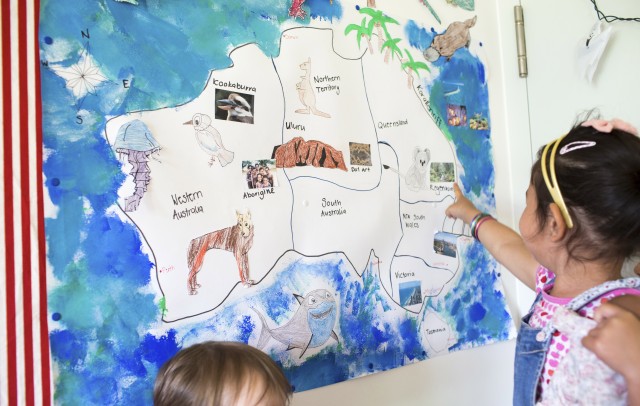School Readiness in Switzerland
In Switzerland, the population is roughly 8.476 million. In 2018, the GDP per capita was $64,712 and a total GDP was $548 million. The Swiss government spent 5.12% of the GDP on education. Furthermore, compulsory education is 11 years, starting around the age of 5 to 15. This extends from preschool to secondary school.
A study conducted by the OECD found that there is no country in which childcare is more expensive than in Switzerland. Nevertheless, in hardly any other western country does the state pay as little for childcare. Usually, childcare for young children must be paid for privately, which on average costs CHF 120 per day. This is one of the reasons why only every fifth toddler is looked after institutionally by qualified staff. Children from less fortunate families receive insufficient state support for external childcare. In Switzerland, about 60% of children under the age of three are looked after by parents and grandparents until they enter kindergarten. Consequently, sub-optimal childcare solutions are implemented that do not adequately support the child.
In Switzerland, it is the cantons who set the age at which a child starts primary school, in most cases at the age of 4. In the German-speaking part of Switzerland, in most cantons, kindergarten attendance is compulsory for at least one year. At the primary level, often the first one or two years are organized in the form of a two-year kindergarten. Early Childhood Education is incredibly significant because qualitative early learning has a positive effect on children's cognitive, linguistic, social and emotional abilities. In Switzerland, kindergarten teachers are highly qualified and all teachers receive a federally recognized teaching diploma upon graduation. The training enables them to prepare kindergarten children for their further education optimally. Furthermore, at the pre-school age, a kindergarten teacher looks after an average of 11.73 children. This ratio makes it possible to address and support the children in their class specifically.
Experts estimate that at least 10% of all children in Switzerland show underdevelopment when they start school. When children begin their first year, there are clear differences in language, motor skills, social and emotional skills between privileged and less privileged families. If a deficit already exists at the start of school, it is difficult to make up for it in the following school years. To ensure equal opportunities, all children should have acquired certain skills by the time they enter primary school, whether they are in kindergarten or at home with their parents.


